Sustainability at Norwich
Vision
The University’s 2022-2027 Strategy highlights our bold commitment to creativity and sustainability. It positions Norwich University of the Arts as a place where diverse creative voices tackle global challenges head-on, shaping a fairer, greener future. Our students graduate as confident changemakers, equipped to transform their communities and industries with innovative, inclusive, and sustainable solutions. Together, we are forging a future where creativity drives equality, environmental stewardship, and lasting positive impact.
Read the full strategy here: Norwich University Strategy 2022–2027
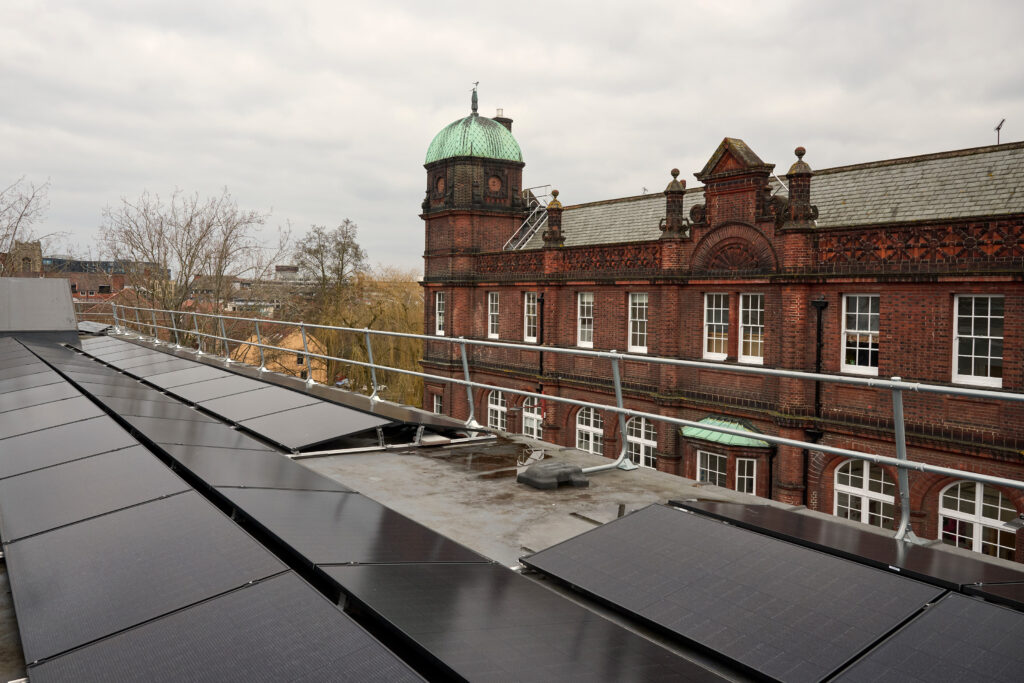
Campus and operations
Energy and carbon management
Carbon Management Plan
Norwich University of the Arts introduced its first Carbon Management Plan in 2005, setting a target to reduce carbon emissions by 20% by 2020. Despite significant campus expansion and a growing student population, the University met this target through smarter, more efficient energy use.
Building renovations include upgraded insulation, high-efficiency boilers, and plate heat exchangers. Rather than relying on artificial cooling, we use air handling systems to circulate warm air and prioritise natural ventilation, supported by automated window systems where needed.
We’ve transitioned to LED lighting across campus, cutting lighting energy use by an estimated 50%, and installed smart lighting systems in shared spaces to reduce unnecessary usage. Our IT team uses PowerMan software to automatically reduce the energy consumption of unused PCs.
Solar panels
In April 2025, we installed 264 solar panels across our Guntons and St Andrews buildings, marking a key milestone in our transition to renewable energy.
- Guntons: 186 panels now reduce our reliance on grid electricity by 20% annually. During summer, surplus energy—around 19,564 kWh—is sold back to the grid.
- St Andrews: 78 panels power the building directly. Both systems are expected to pay for themselves within seven years.
This project reflects our long-term commitment to reducing emissions and embracing low-carbon innovation.
Living roof
Our Duke Street Riverside building features a living roof that improves air quality, reduces flood risk, and insulates the building—cutting both heating needs in winter and cooling in summer. It also extends the roof’s lifespan and supports biodiversity by providing a habitat for insects and birds.
Electric vehicles
We operate electric vans across our estate to reduce emissions and noise pollution, supporting our low-carbon transport strategy.
Bank Plain
Phase Two of its ambitious redevelopment at 20 Bank Plain opened in July— a landmark Grade II listed building in the heart of Norwich.
The redevelopment features a striking central staircase that connects the building across multiple levels, enhancing flow and visibility throughout the space. A focus on sustainability is evident in the use of reclaimed materials — including timber flooring originally installed in a Scottish gym.
Waste management
We are committed to reducing waste and promoting reuse and recycling across campus.
Students and staff can access free or recycled materials from workshops and the campus shop via our online resource on the University’s dedicated sustainability intranet. A permanent Materials Hub will launch in 2025 to provide a central space for sourcing and sharing reusable materials.
Recycling bins are widely available in teaching spaces and offices and can be used for common items such as paper, cardboard, glass, and hard plastics (following Norwich City Council guidelines). We’ve also added soft plastic recycling stations in four campus buildings, collected regularly by a specialist provider. Food waste units will be introduced in 2025.
To encourage reuse, we host Pop-Up Swap Shops throughout the year offering clothes, books, and plants, and provide specialist recycling for pens and ink cartridges via the campus shop.
To reduce single-use plastics, all cleaning products now use a refillable dosing system, allowing bottles to be reused on-site and significantly cutting plastic waste.
Water
We’ve taken steps to improve water efficiency and reduce gas usage across campus.
All heating systems contain liquid inhibitors, which are monitored annually to keep water clean and flowing efficiently, minimising energy loss and improving performance.
We’ve also installed automatic shut-off taps to prevent water waste. On newer systems, hot water feeds are on a continuous loop-back circuit, so users receive hot water within seconds, avoiding the need to run litres of cold water first.
Sustainable food
Our on-campus café is run by The Feed, a Norwich-based social enterprise focused on supporting communities and tackling food insecurity.
The Feed uses locally sourced, seasonal produce wherever possible, with a strong emphasis on plant-based and vegetarian options. Waste is kept to a minimum, and all packaging is compostable or recyclable wherever possible.
Learn more about The Feed’s impact
Procurement
Environmental responsibility guides every purchasing decision across our estate.
During renovations and new developments, we prioritise reclaimed, recycled, or locally sourced materials wherever possible. This approach reduces our carbon footprint, supports the local economy, and helps ensure our projects meet both sustainability goals and heritage conservation standards.
Ethical Banking and Investment
Ethical banking policy
The University has a Treasury Management and Ethical Banking policy which is approved and reviewed by the Finance & Resources committee of the governing body. The policy was last approved in October 2024. The key elements of the policy with regard to ethical banking are provided below:
Our banking arrangements shall be made to obtain the best financial return for the University, while being consistent with a responsible and ethical approach to investment, and seeking to minimise the risk of loss of funds.
The University will strive to partner with banks and financial institutions that demonstrate:
- Environmental Responsibility: Commitment to minimising environmental impact, including avoiding investments in fossil fuels, deforestation, or other environmentally destructive activities. Preference is given to institutions that invest in renewable energy and sustainable practices.
- Social Responsibility: Engagement in fair labour practices, equitable treatment of all employees, and support for community welfare, both locally and globally.
- Governance and Transparency: Adherence to best practices in governance, with clear policies on anti-money laundering (AML), anti-corruption, and transparent reporting of investments and activities.
When selecting banking partners, the University will prioritise institutions that:
- Have publicly available ESG policies and commitments.
- Are rated positively by the organisation Ethical Consumer (achieving at least an ‘amber’ rating)
- Demonstrate transparency in their investments and avoid sectors that conflict with the university’s ethical values, such as fossil fuels, weapons manufacturing, and exploitative industries.
- Are actively contributing to sustainable development goals (SDGs) and have policies supporting local and global communities.
- To ensure continuous alignment with this policy, the University will:
- Review banking relationships annually, assessing alignment with the University’s values and policies.
- Encourage banking partners to enhance their ESG practices by engaging in dialogue and offering feedback.
- Consider transitioning to alternative banking partners if a current partner fails to meet the university’s ethical standards after an evaluation and engagement process.
Ethical Investing
See a copy of the University’s Investment Policy:
As well as its more general Investment Policy, the University also has a separate ‘Responsible Investment policy’. This policy is provided in full below:
“The University strives to ensure that it makes investments in a responsible and ethical way.
Investments shall be made to obtain the best financial return for the University, while being consistent with a responsible and ethical approach to investment.
Specifically, the University will only invest in entities that exhibit best class standards of behaviour and performance in a broad range of environmental, social and governance (ESG) issues, using the approach developed and deployed by its Investment Manager, who must be a signatory to the UN Principles for Responsible Investment. This approach encourages entities to adopt high and improving standards of ESG behaviour which the University believes will generate superior long-term financial returns.
Reflecting its ethical values, the University does not invest in fossil fuel companies or those whose principal business is involved in: tobacco, gambling, adult entertainment, cluster bombs or armaments, and defence.
The University’s Investment Manager is currently LGT Wealth Management. LGT will proactively engage with entities through direct engagement with companies on particular issues, for example via dialogue with company boards, tabling resolutions and voting at AGMs. LGT is also expected to collaborate with other members of the responsible investment community to leverage impact on critical issues. We expect LGT to report on engagement activities at least annually, view its most recent report.
A member of the University’s Investment Committee reports to the University’s Sustainability working group on an annual basis. This includes explaining our ethical investing policy and giving an opportunity for feedback and comments.
The University is committed to listing a summary of its investments.
The table below shows the split of investments as of 4 August, 2025, by sector and asset class.
| Sector | Percentage of total investment |
|---|---|
| Government Bonds | 7% |
| UK Corporate Bond Funds | 8% |
| Cash | 2% |
| Liquidity fund | 2% |
| Consumer Discretionary | 6% |
| Industrials | 15% |
| Consumer Staples | 4% |
| Real Estate | 1% |
| Basic Materials | 1% |
| Healthcare | 8% |
| Unitised/Structured Investments | 1% |
| Telecommunications | 2% |
| Utilities | 4% |
| Infrastructure | 2% |
| Financial services | 8% |
| Technology | 19% |
| Renewables | 4% |
| Alternatives | 6% |
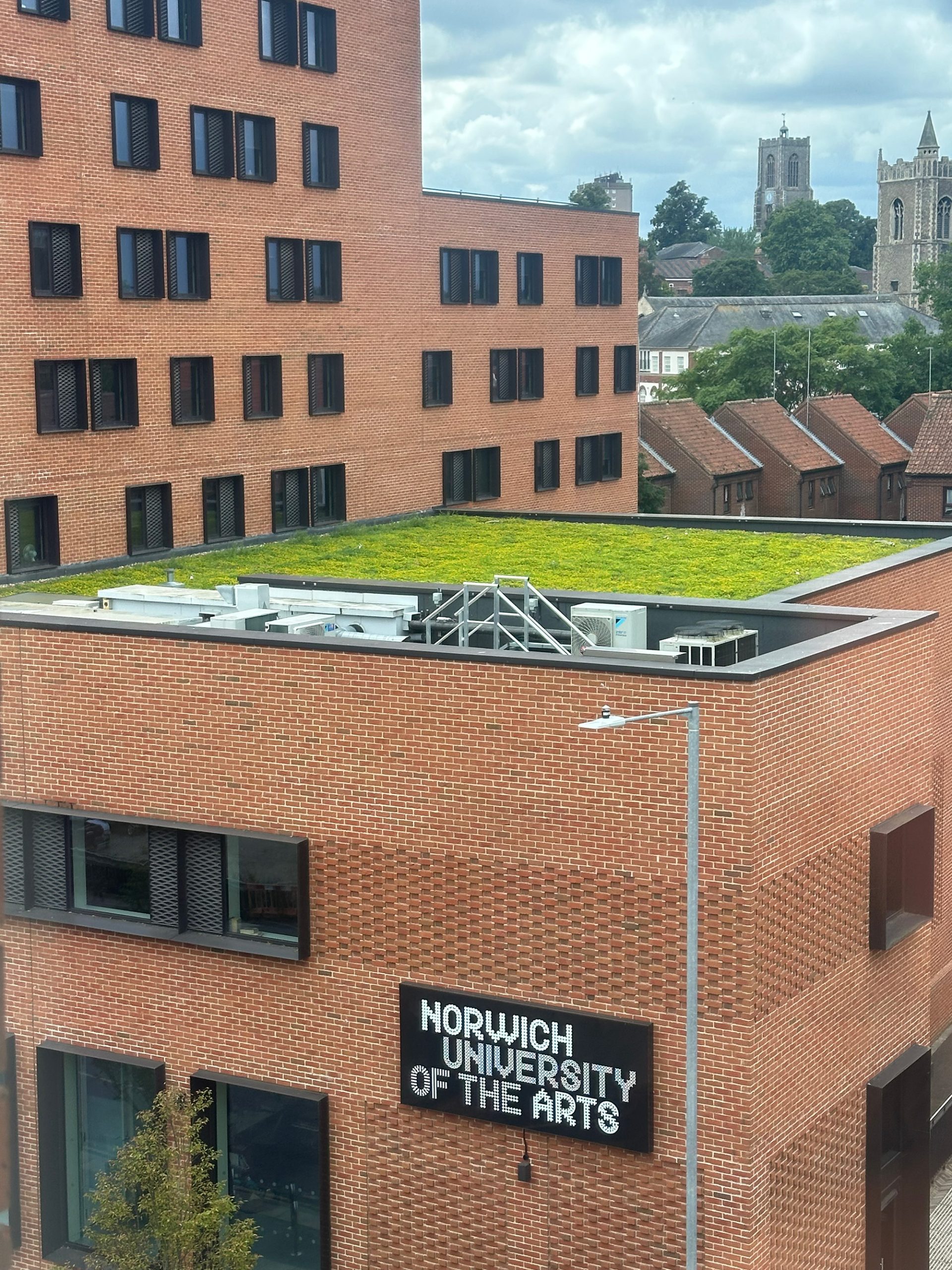
Teaching and Learning
Sustainability in the curriculum
Education for Sustainable Development is fully embedded within our Creative Learning Strategy. For example, the ‘Positive Change’ theme highlights how creativity shapes a more ecologically and socially secure future by manifesting new possibilities for an equitable world. You can read the full Creative Learning Strategy here: Creative Learning Strategy PDF.
Every unit of study includes Learning Outcomes that focus on students’ understanding and application of sustainable practices. Additionally, at least one project brief per unit explicitly addresses sustainability challenges to deepen community awareness and engagement.
Sustainability Awards
Sustainability Awards at Gradfest
In July 2025, the Sustainability Working Group presented the inaugural Sustainability Awards at Gradfest, celebrating graduating students who demonstrated outstanding commitment to sustainable and ethical practice. Winners from Textile Design, Graphic Communication, Architecture, and Interior Design were recognised for embedding sustainability at the heart of their creative work.
Find out more here: Award-winning student work
Architecture and Interior Design Industry-Sponsored Awards
Alongside the university-wide awards, Architecture and Interior Design students are recognised annually through industry-sponsored prizes at Gradfest. These awards celebrate excellence in sustainable design, focusing on adaptive reuse, wellbeing, inclusivity, and low-impact materials. They encourage future-focused practice, strengthen industry connections, and support graduates in building sustainability-led portfolios.
Events
Sustainable Fashion Week:
This September, Norwich University of the Arts proudly hosts the Norwich Hub for Sustainable Fashion Week 2025. Led by staff, students, and the Sustainability Working Group, the hub will showcase creative, ethical, and regenerative approaches to fashion. The programme includes workshops, talks, and community collaborations highlighting fashion as a force for positive change. With sustainability embedded across our courses and a campus rooted in Norwich’s textile heritage, we are excited to champion thoughtful, future-focused fashion in the heart of the city.
Student work
Examples of student projects engaging with sustainability can be explored here: Creative Conscience Awards 2024.
Recent projects include:
- The Hospital Rooms Project
- Fibrebroads
- Fashion Zombies in collaboration with Jeremy Hutchison
Research
At Norwich University of the Arts, sustainability is integral to our research culture. Through creative practices, our researchers explore how we can live more sustainably and adapt to the rapidly changing world around us. We engage in forward-thinking projects that examine the impact of climate change, promote health and wellbeing through co-creation, investigate alternative futures, pioneer the use of new fibres, and contribute to carbon reduction strategies.
The Institute for Sustainable Worlds, led by Professor Dan Lockton since 2025, provides a creative and interdisciplinary focus to these efforts. The Institute brings together researchers, communities, and partners to better understand the local and global challenges we face and the ways these issues affect everyday lives. By connecting design, technology, and community insight, the Institute works to activate meaningful, positive change.
Our university has a long tradition of breaking boundaries and shaping new possibilities through creativity. As the world evolves, we believe artists and designers have a vital role to play in reimagining and building a more sustainable future.
Learn more about the Institute for Sustainable Worlds and explore our current research projects.
Community
We believe creative education plays a vital role in tackling global challenges. Through learning, research, and collaboration, we empower our community to respond to issues like climate change and biodiversity loss, shaping a more sustainable future through collective action and informed, creative practice.
Living Wage Employer
The University is accredited by the Living Wage Foundation as a Living Wage Employer.
Sustainability Team
The University’s Sustainability Working Group is open to all staff and students, and is chaired by the Director of Fashion and Textiles, Kevin Freeman and Co-chaired by Fashion Lecturer, Nina Dobson.
The membership includes representation from a wide range of departments across the University including The Library, Estates, Technical Resources, HR, Student Services and the Student Union as well as members of the Academic Community.
The Senior Management Team is represented by Professor Hilary Carlisle, Dean of Creative Education, Professor Dan Lockton:, the Director of the Institute for Sustainable Worlds, Stephen Belderbos, Director of Finance and Planning and Jeremy Smeeth, Chief Operating Officer
The Group reports directly to the Senior Management Team and sustainability updates are a regular Agenda item.
There is a dedicated sustainability budget to support the activities of the working group with recent initiatives including investment in the Green Spaces Project to plant city centre wildlife gardens around our campus sites, the introduction of Sustainability Awards for both Undergrad and Postgrad students in their final shows and the commitment to act as a Hub for Sustainability Fashion Week 2025 to promote ethical practice both locally and nationally.
Staff and students are given lots of opportunities to engage with the activities of the working group through regular email updates and access to the University’s dedicated sustainability intranet page and Instagram page. Examples of such opportunities include helping with beach cleans, litter picks, plant and book swaps.
There is a dedicated sustainability page on our intranet which has lots of useful resources for students and staff:
- A directory of sustainable shops and cafes in Norwich.
- What is the University doing about sustainability? Answers to some frequently asked questions about topics like energy use and recycling at the university.
- A message board to share your ideas, suggestions, and questions.
- Sustainable travel tips. Here we include reminders of the locations of campus bike racks, showers, and lockers, as well as travel-to-work schemes for staff.
- A tool to check your own carbon footprint and links to other sustainability resources.
The Students’ Union has representation on the Sustainability Working Group. The Students’ Union President is a member of the University Council, which is the senior committee of the University that oversees strategic decision-making.
Sustainability is one of the core values of the Students’ Union strategic plan.
Community Pantry
Led by the Student Union, the Community Pantry is part of our commitment to student wellbeing and equity—ensuring that no student at Norwich University of the Arts goes without essentials.
Located in the community kitchen next to the SU Lounge in St Andrews House, the space is open to all students and offers free tea, coffee, and hot chocolate, along with access to a microwave and toaster.
The pantry stocks non-perishable food, toiletries, and useful everyday items, with donations always welcome—whether it’s tinned goods, stationery, or small kitchen equipment in good condition. These contributions help keep the pantry well-stocked and diverse, offering practical support to students across the university.
Green spaces
In May 2025, the Sustainability Working Group (SWG) proudly supported the launch of a student-led Green Spaces project, aimed at creating biodiverse, sustainable outdoor areas across campus. This initiative empowers students to actively shape their environment by planting native species, wildflowers, and pollinator-friendly plants that enhance local biodiversity and improve campus wellbeing.
By transforming underused areas into vibrant green spaces, the project encourages community engagement, outdoor learning, and a stronger connection to nature — all vital for fostering environmental awareness and sustainability values among students and staff alike. The Green Spaces project reflects our shared commitment to nurturing a healthier, greener campus for everyone.
Green travel
As part of our commitment to supporting low-carbon lifestyles, the University offers practical initiatives that make sustainable travel more accessible for all students.
- Bicycle repair: In partnership with Bicycle Links, we provide free bicycle repair to help students travel safely and sustainably around the city. The scheme covers basic repairs and essential parts, including inner tubes and brake pads, ensuring that cycling remains an affordable, low-impact transport option for our community.
- Travel subsidy voucher: We also offer discounted student bus travel, working closely with First Bus and Konectbus to provide flexible, affordable options for everyday journeys.
Careers and employability
Learn how Norwich University of the Arts ensures ethical, fair, and environmentally responsible partnerships and employment opportunities.
Careers and Employability Ethics StatementContact us
For general enquiries, please get in touch with us.
Explore more
-
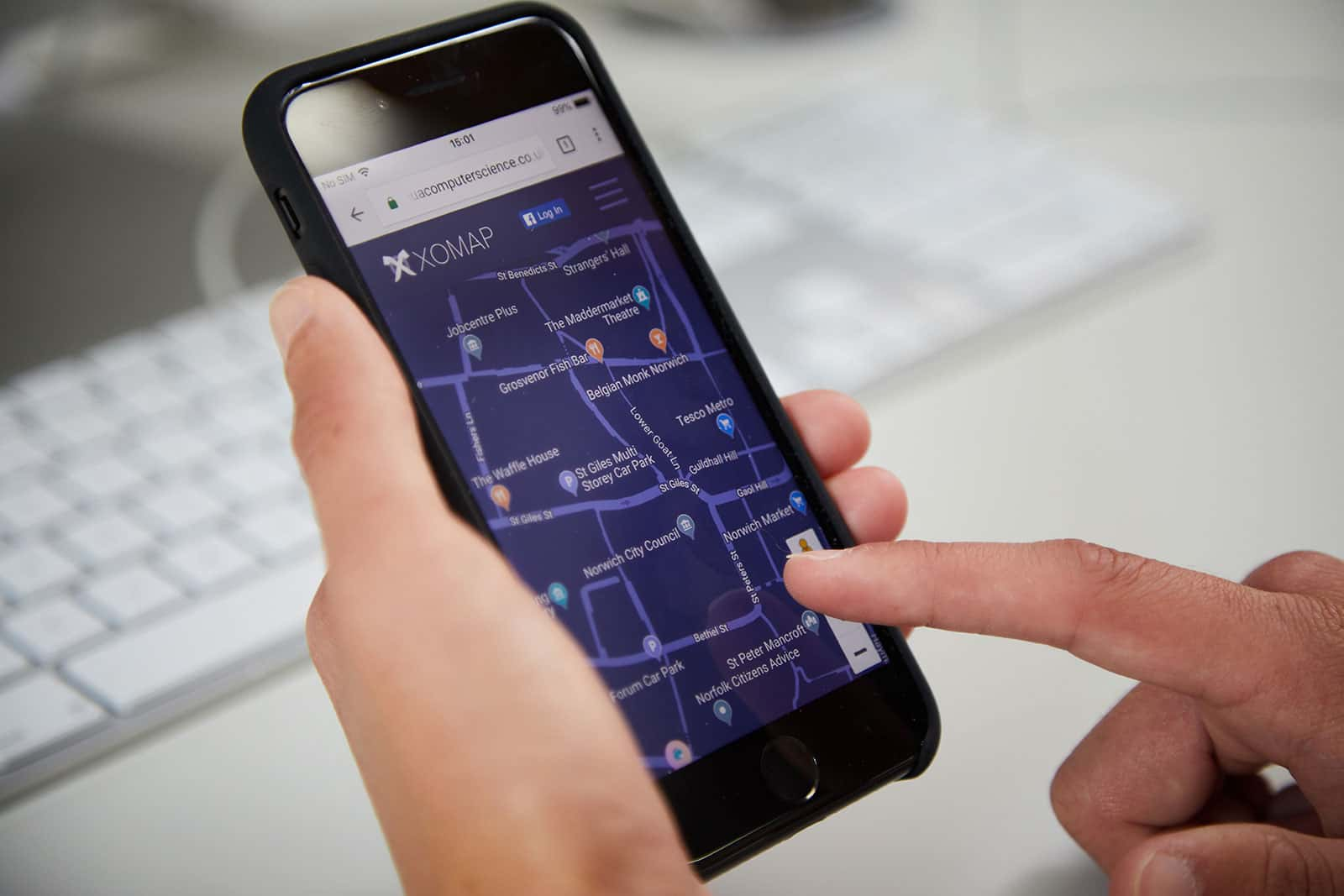
Visit Us
All the information you need for travelling to Norwich by air, bus, train or car, and for exploring our campus. -
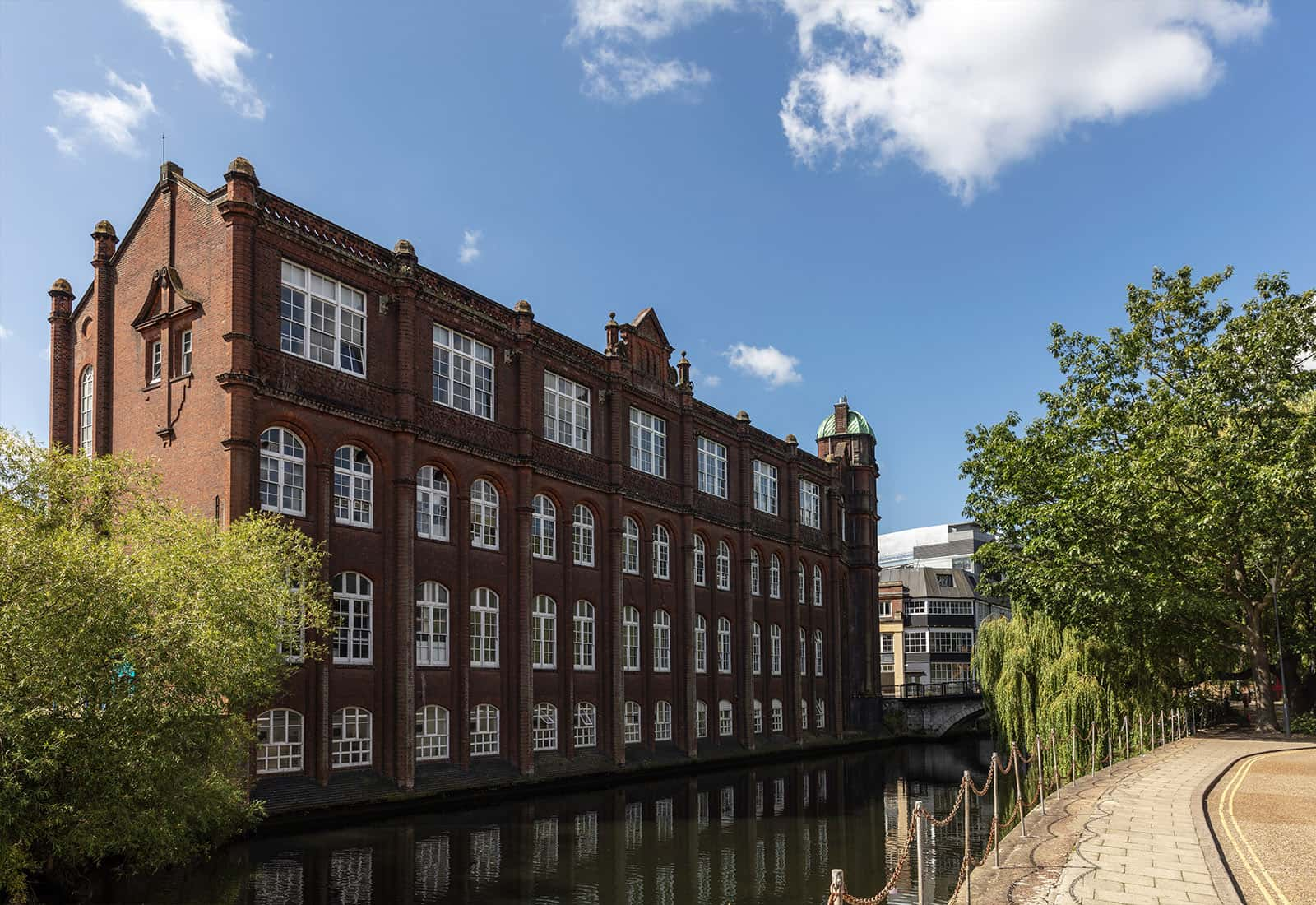
Our Achievements
We take pride in offering an experience and creating a community that you can be proud to be a part of. -

Our History
Norwich University of the Arts has established itself in arts, design and media education for more than 175 years. -
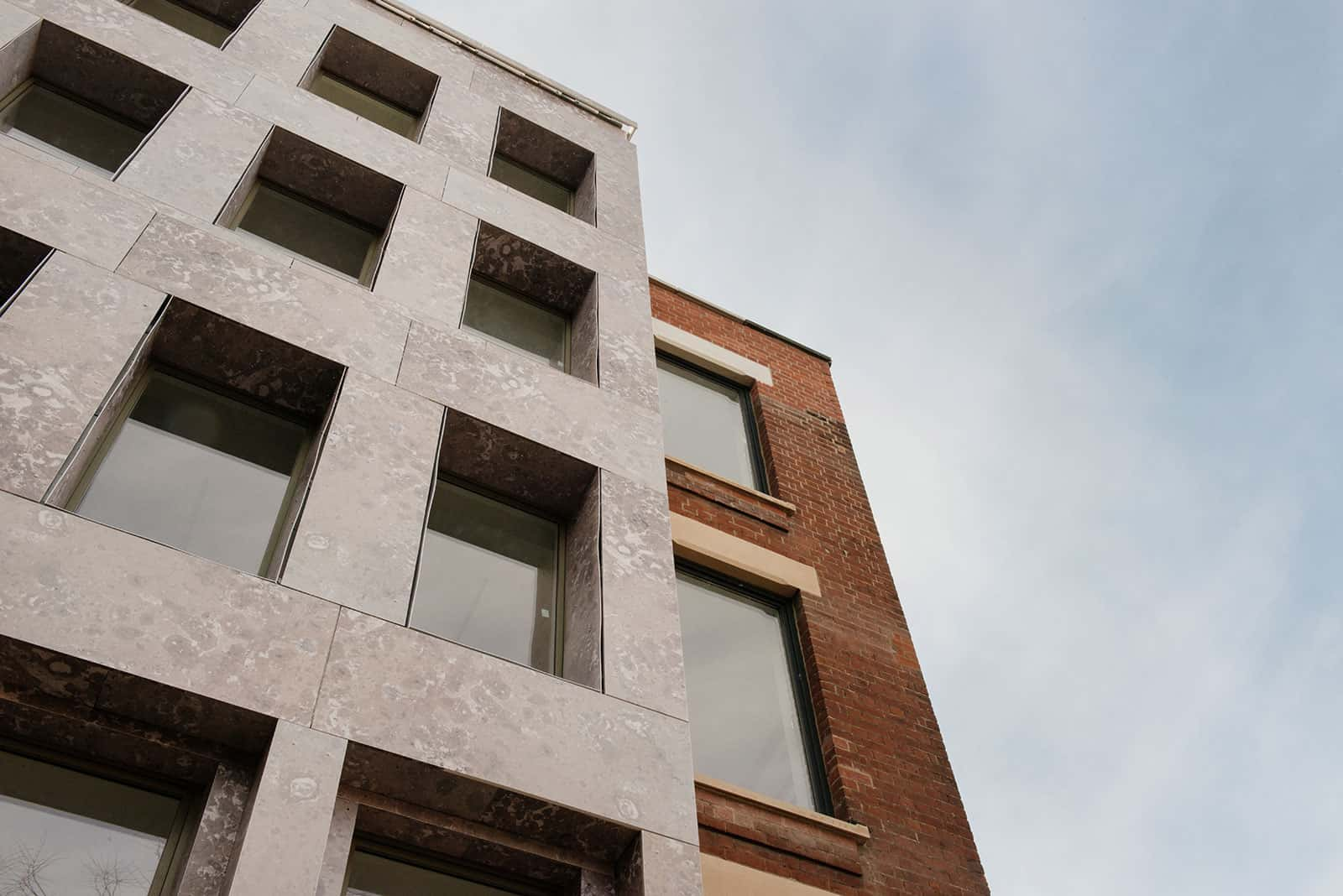
Governance
This section covers information relating to the way Norwich University of the Arts is governed and how decisions are made. -
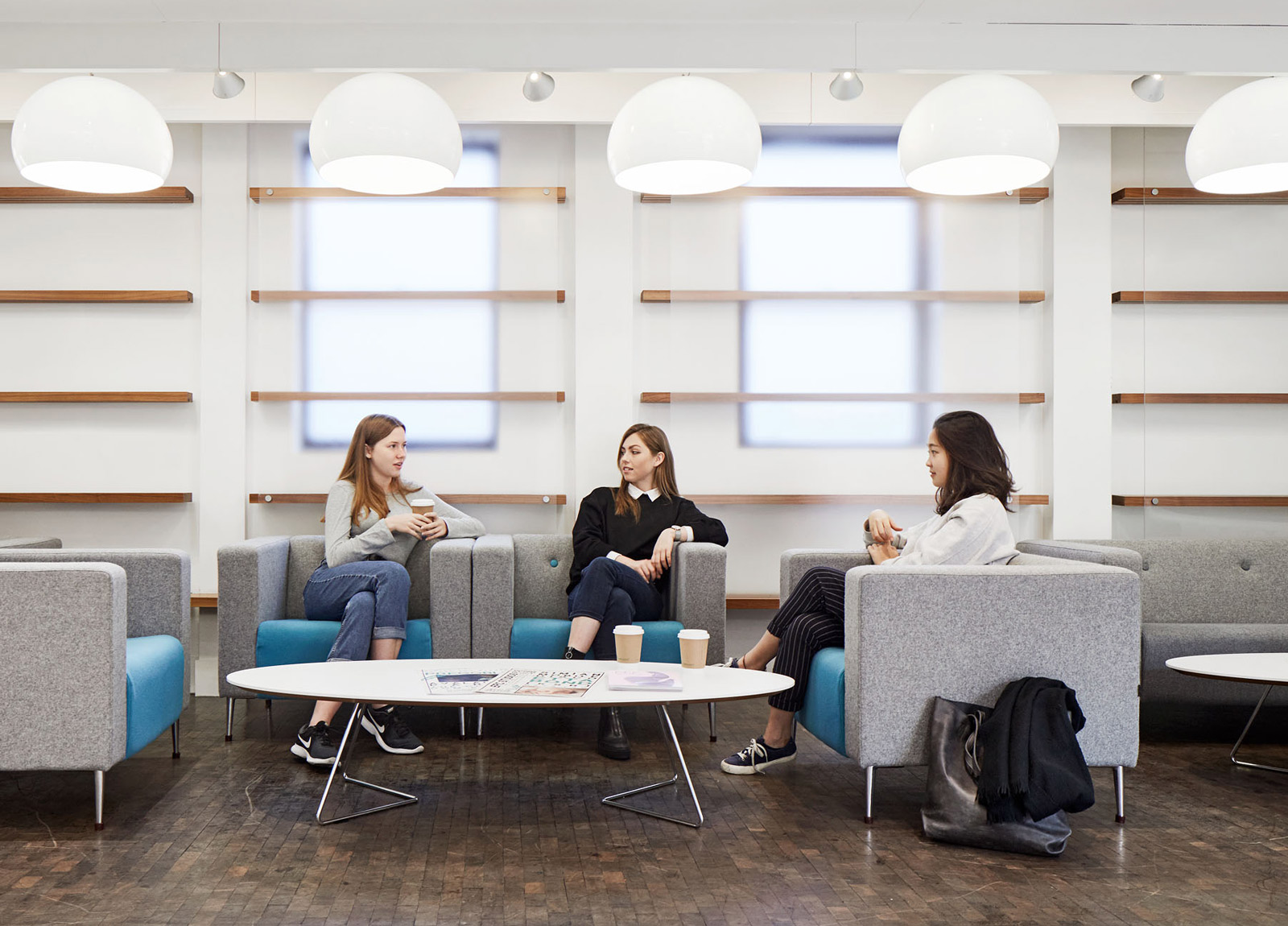
Office for Students Transparency Data
As a condition of our registration with the Office for Students we are required to publish the following information about our admissions data and our student attainment. -
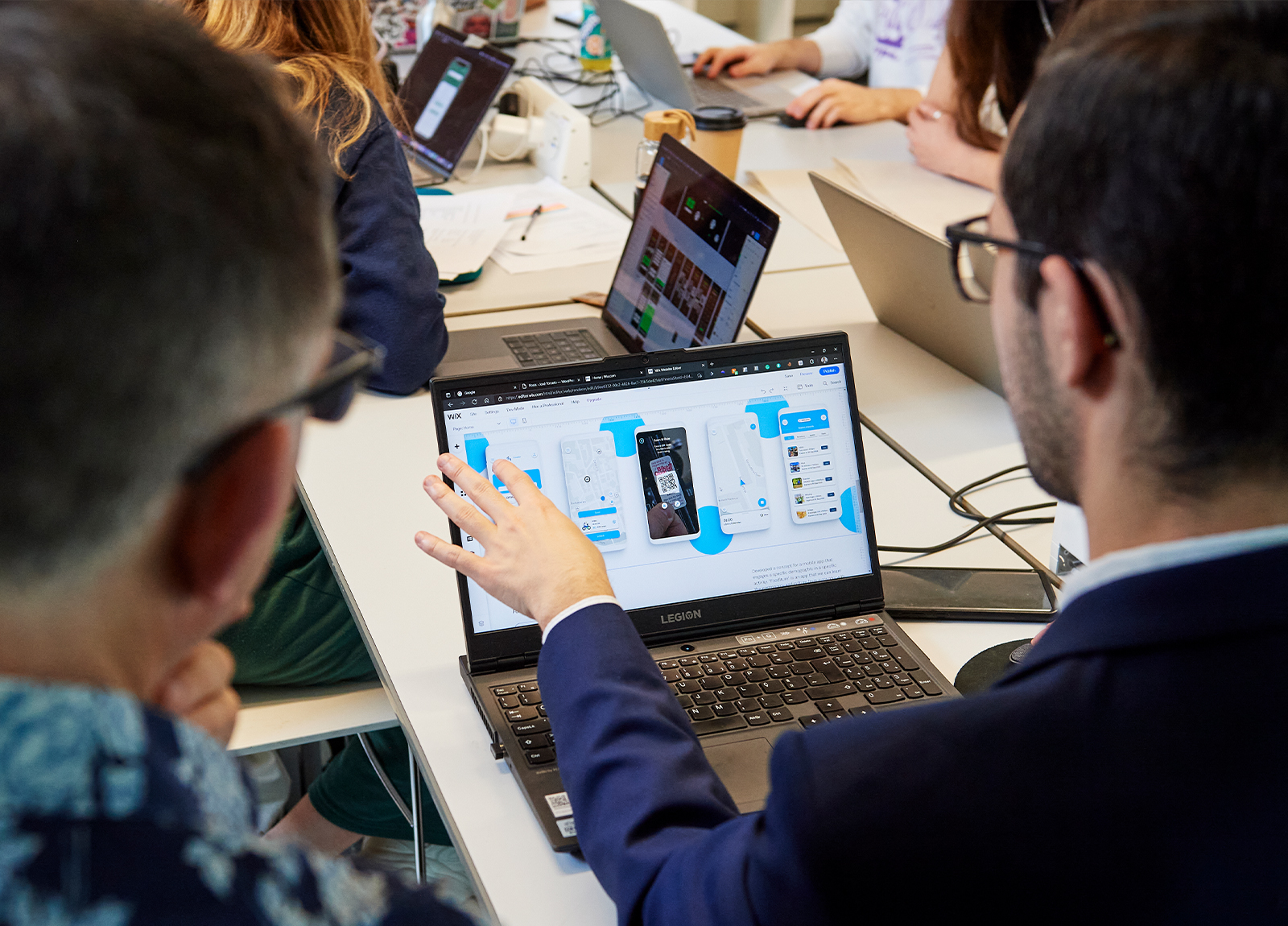
Student Protection Plan
Read our Student Protection Plan document to find out the measures Norwich University of the Arts puts into place to protect students in the event that something happens that prevents the continuation of studying. -
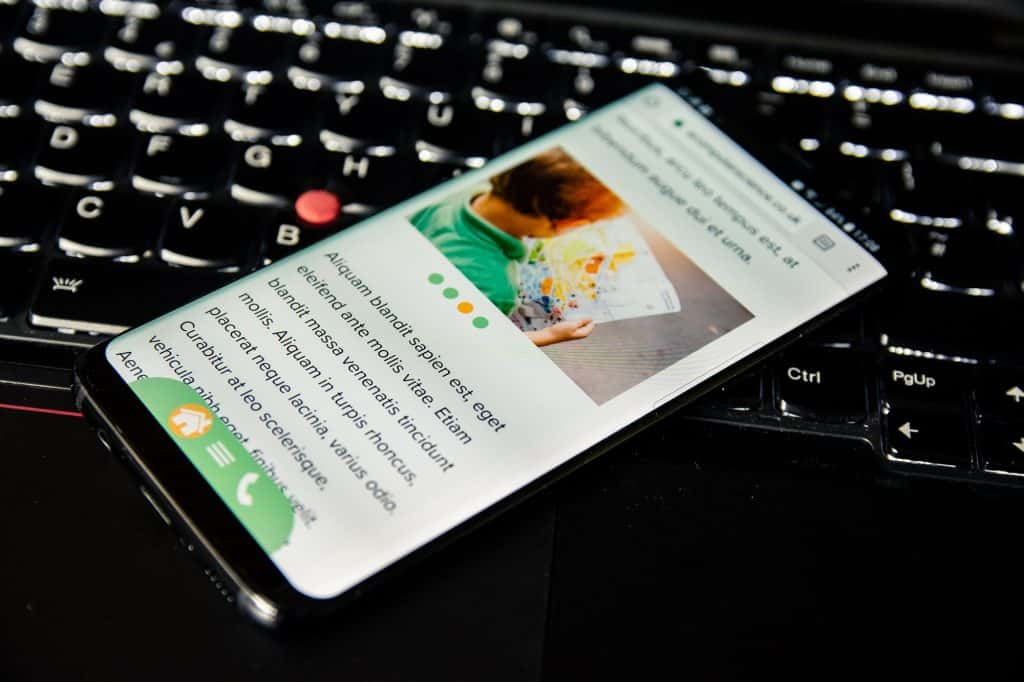
Data Protection
Data protection legislation protects the rights of individuals when organisations process their data. -

Norwich Single Equality Scheme
The Single Equality Scheme (SES) outlines the strategy for achieving our general objectives for advancing equality and our specific objectives relating to each of the equality strands – age, disability, gender reassignment, marriage or civil partnership, maternity and pregnancy, race, religion or belief (including lack of belief), sex and sexual orientation. -
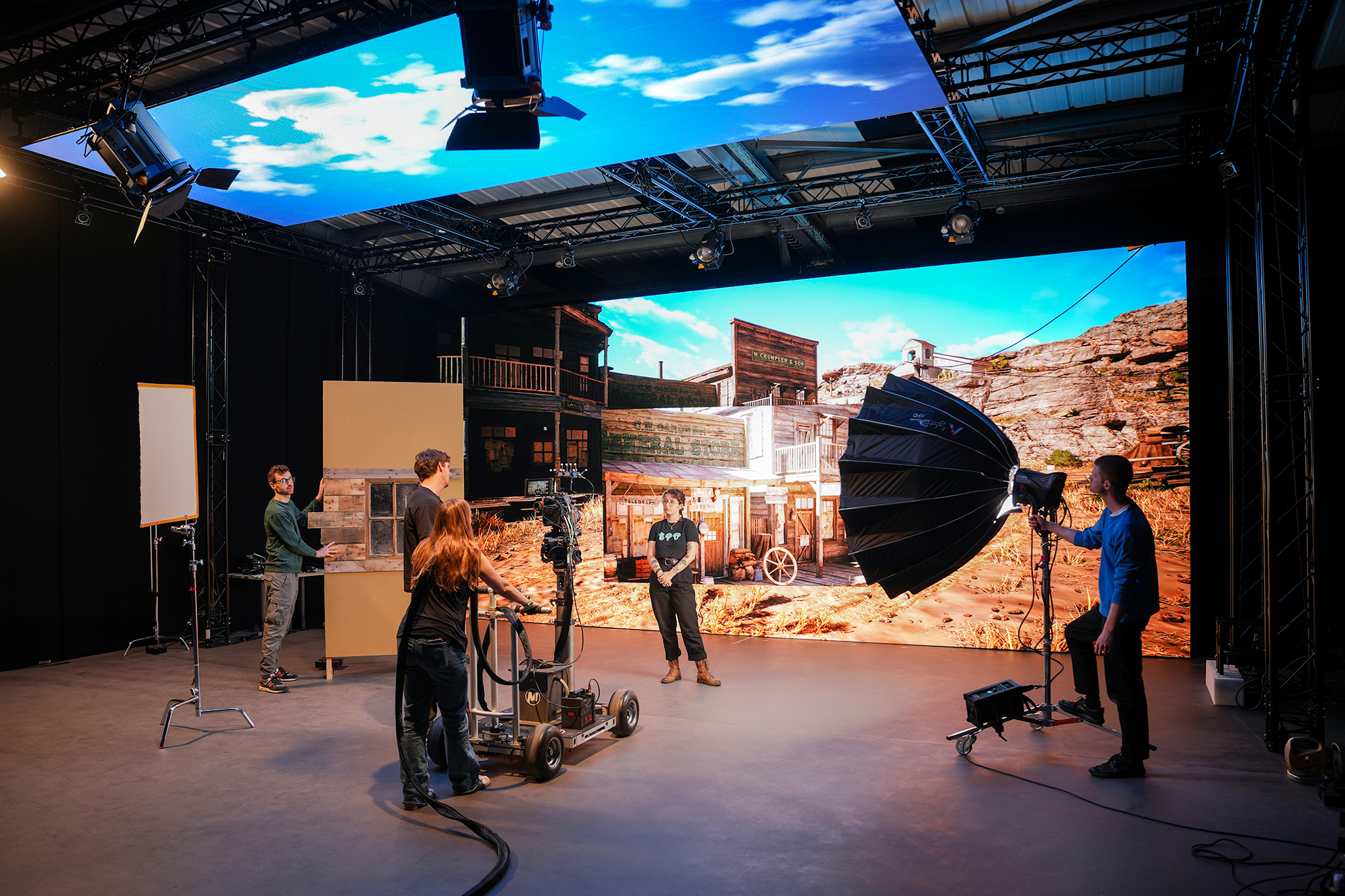
Visiting Professors
Norwich University of the Arts appoints Visiting Professors to provide valuable advice on academic or industry developments -
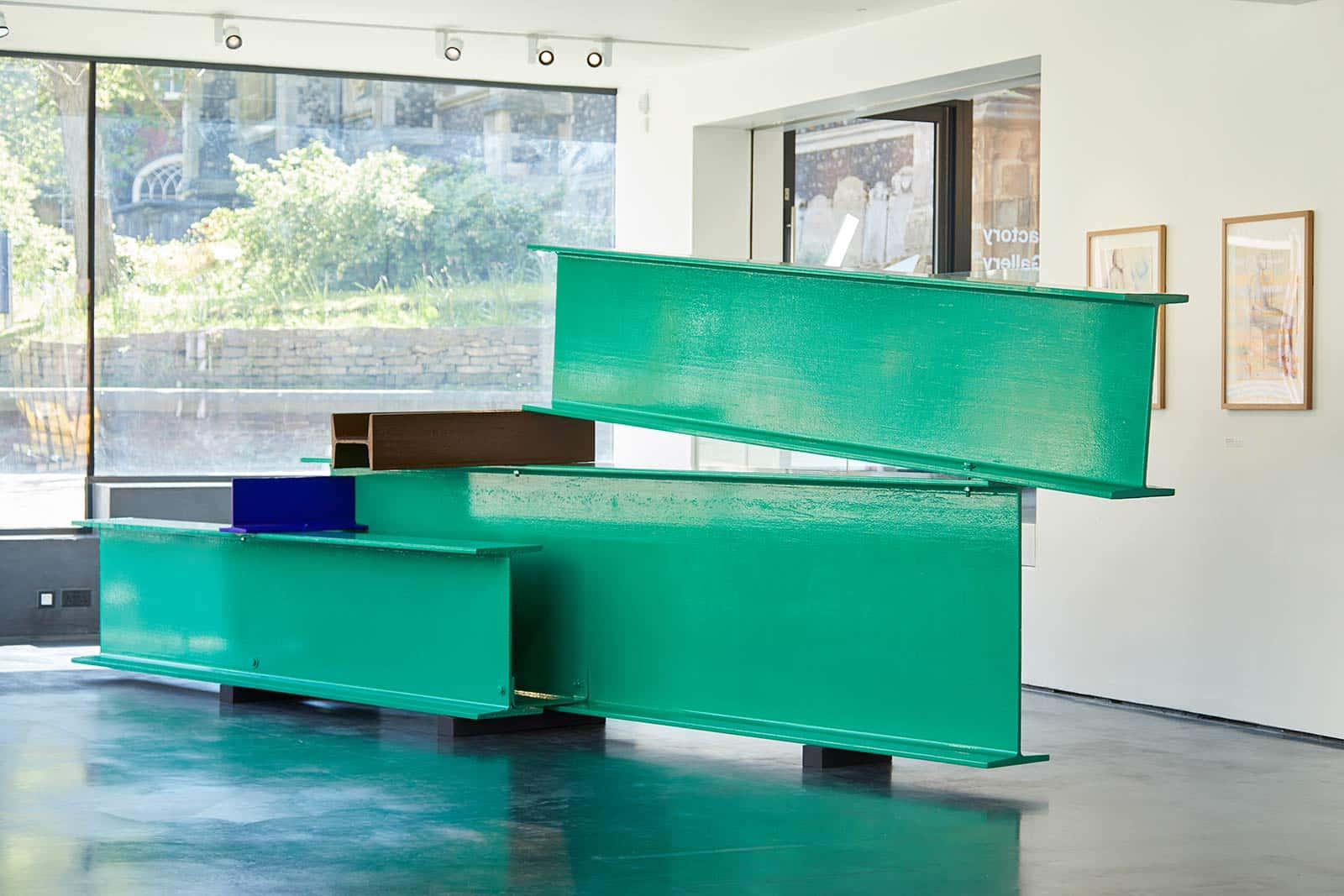
East Gallery
East Gallery is a city centre public art space showcasing a programme of exhibitions by internationally recognised artists, curators, and design practitioners -

Meet our staff
Meet our teaching staff and explore their work and expertise. -
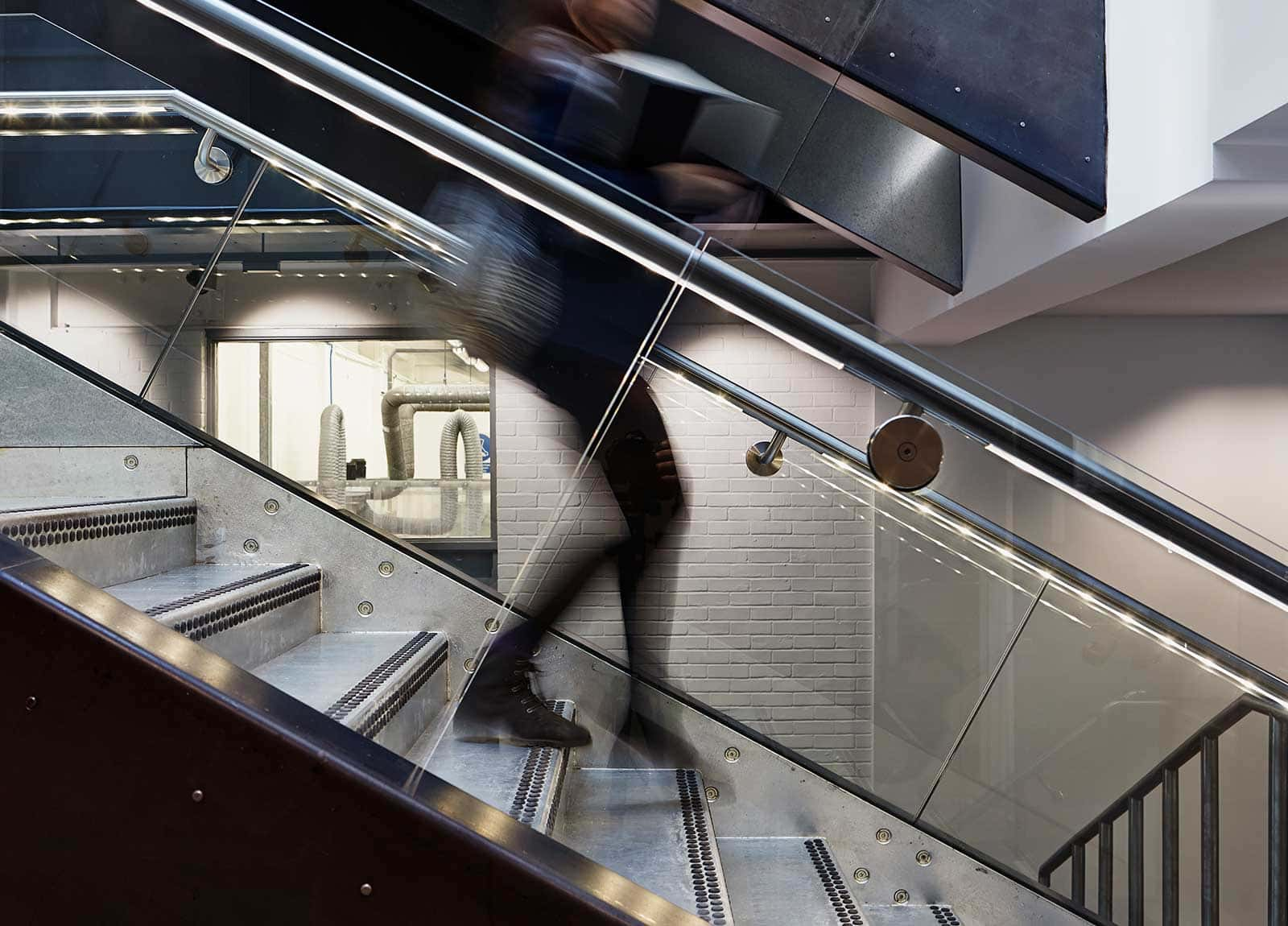
Work at Norwich
Join a thriving academic and professional community at a university that’s renowned for outstanding teaching quality, industry-standard facilities and high rates of student satisfaction. -
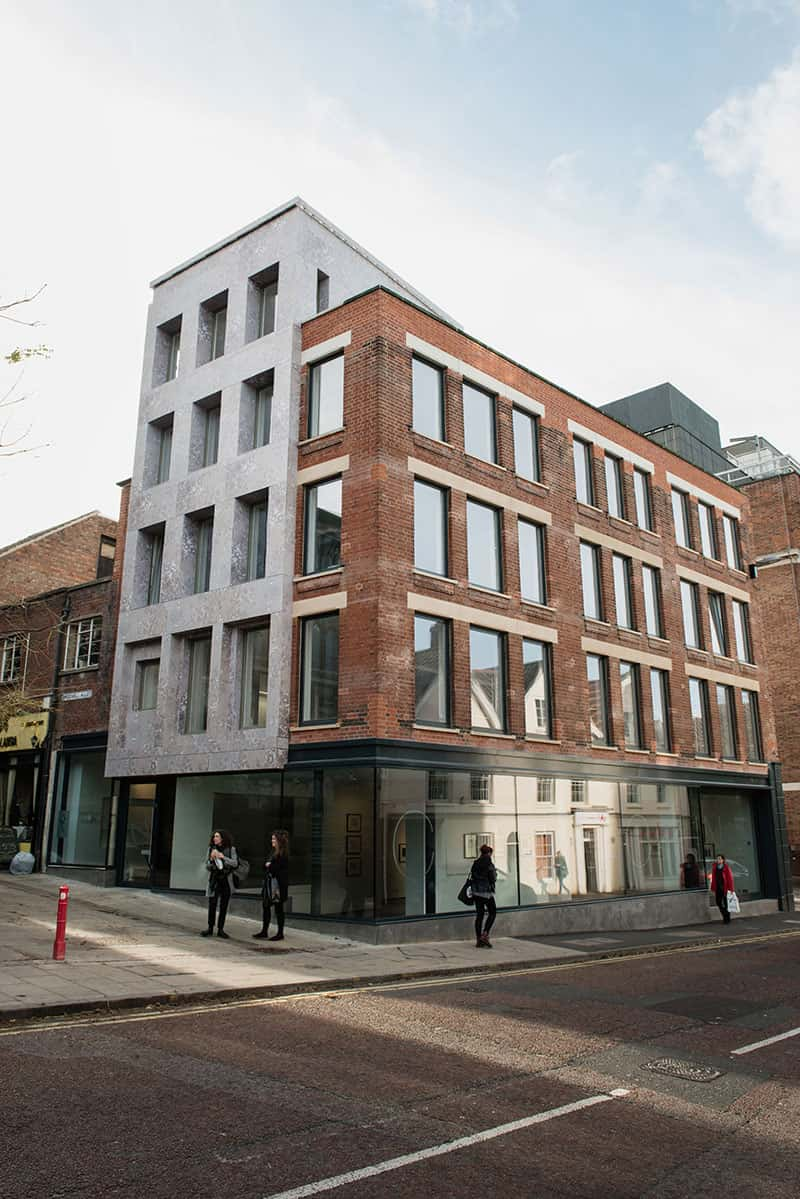
Contact us
Find out how to get in contact with Norwich University of the Arts -
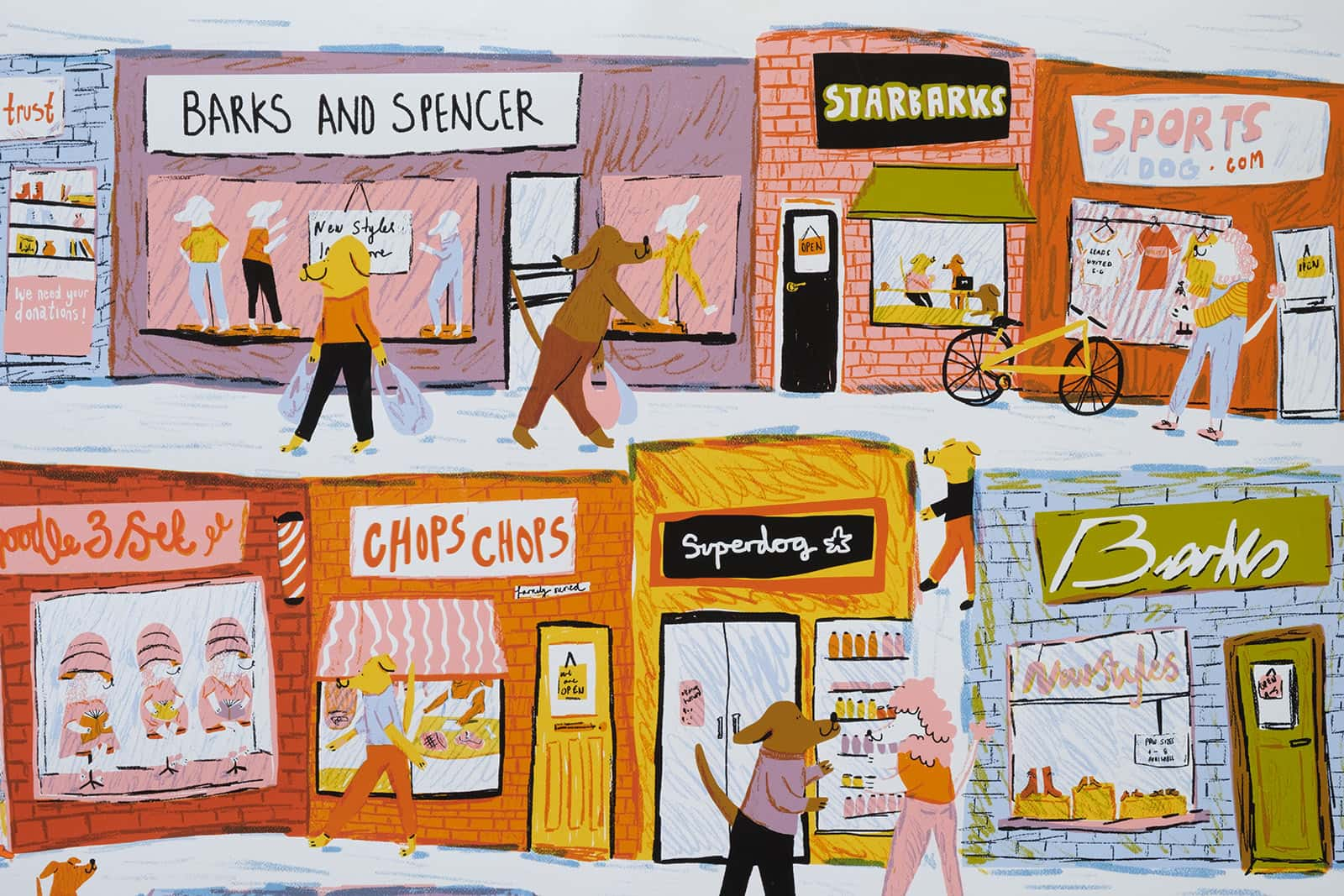
Norwich blogs
Keep up-to-date with all the latest news and views from Norwich University of the Arts. Read all the news below.